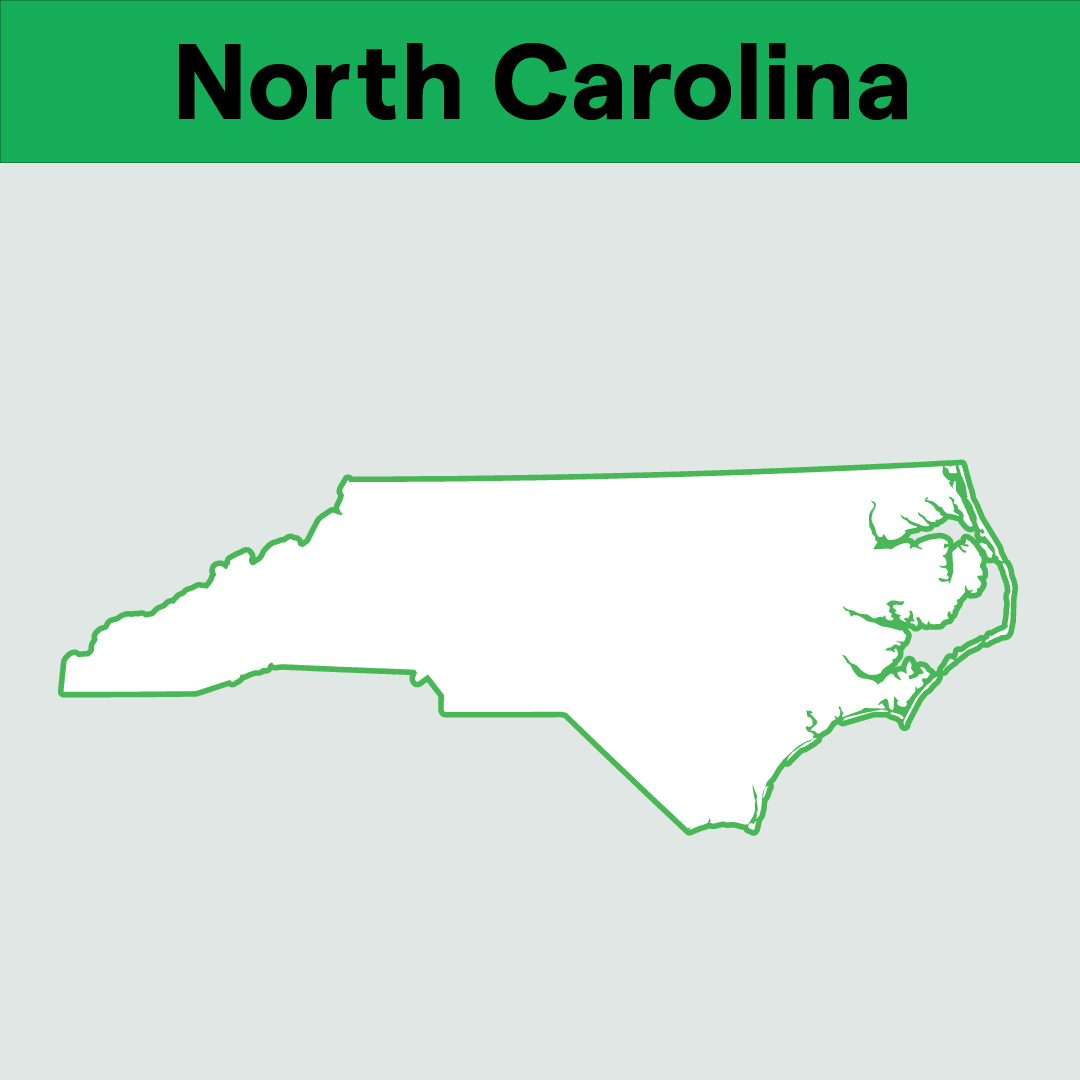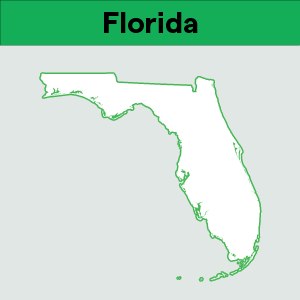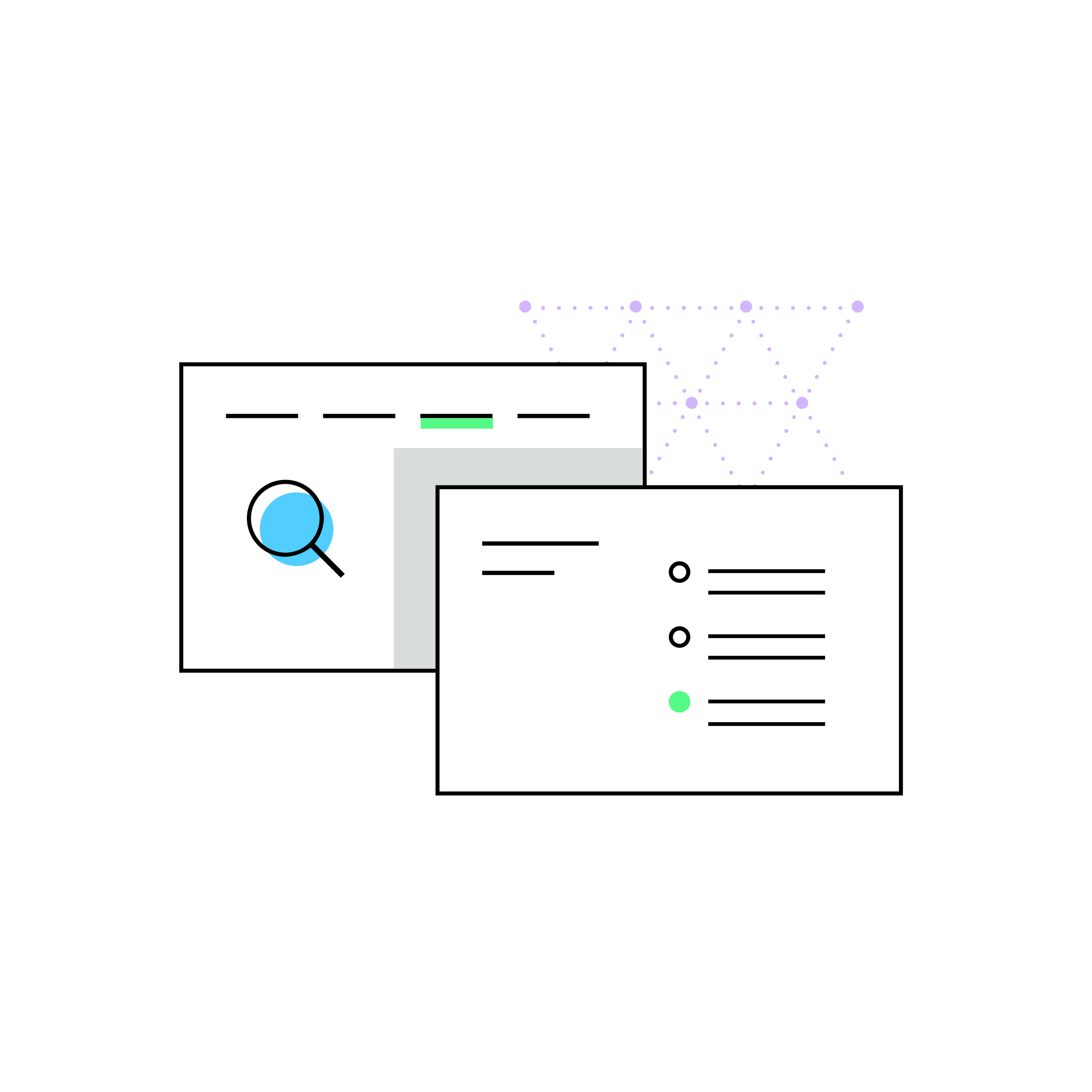Florida’s economic nexus and marketplace facilitator sales tax
by May 5, 2021
Starting July 1, 2021 e-commerce businesses with economic nexus in the state of Florida are required to collect sales tax from Florida buyers. Further, online marketplaces that exceed Florida’s new economic nexus threshold will be required to collect sales tax on behalf of 3rd party sellers who use their platforms.
The passage of S.B. 50 makes Florida the penultimate state to enact economic nexus and one of a last handful of holdouts to finally institute marketplace facilitator sales tax.
Let’s look at what this means for e-commerce businesses and online marketplaces.
Florida’s sales tax law
S.B. 50 requires that any e-commerce business making more than $100,000 in sales to buyers in the state of Florida in the previous calendar year collect sales tax from Florida buyers. Unlike some other states, there is no transaction threshold attached to this new law.
E-commerce businesses who exceeded $100,000 in sales to buyers in the state of Florida are required by law to register for a Florida sales tax permit and begin collecting sales tax on July 1, 2021. Sales tax is due to be collected on the “next transaction” occurring on or after July 1, 2021.
Remote sellers subject to this new law who register and begin collecting Florida sales tax by September 30, 2021 are not subject to fines and penalties on any remote sales that take place before July 1, 2021. What is economic nexus?
As an e-commerce business, you are likely accustomed to dealing with economic nexus laws by now. But in case you aren’t, here’s a short run down.
The South Dakota v. Wayfair Supreme Court decision allowed states to require that e-commerce businesses with “economic nexus” in their state to register with that state and collect sales tax when shipping an order to buyers in that state. This is a big change from the law of the land before Wayfair, when an e-commerce business was required to have some sort of physical presence in the state to be required to collect sales tax.
With the passage of Florida’s law, Missouri remains the only US state with a sales tax that has not passed an economic nexus law.
Why is economic nexus a win for states?
States use sales tax collected on sales transactions to pay for budget items like roads or schools. Before Wayfair, states were observing that many buyers were purchasing items online from e-commerce businesses who had no sales tax nexus in the state and thus no obligation to collect and remit that sales tax. Economic nexus is designed to “level the playing field” and require that online retailers collect sales tax from buyers in states where they do a large volume of sales. For that reason, most (but not all) states have a threshold of $100,000 in sales or more before they require an out-of-state e-commerce retailer to register and collect sales tax.
In passing S.B. 50, Florida now joins forty-four other U. S. states in requiring that higher-volume remote e-commerce businesses charge sales tax to Florida buyers.
What Florida economic nexus means for e-commerce businesses
If you run an online business, now is the time to check and see if you made more than $100,000 in sales to buyers in the state of Florida during calendar year 2020.
Not sure? TaxJar can help. TaxJar customers can view their Economic Nexus Insights Dashboard and we will show you if you now have economic nexus in Florida. The Economic Nexus Insights Dashboard also shows you when you have, or are approaching, economic nexus in other states. Not a TaxJar customer? Learn more about how TaxJar works.
If you determine that your business does now have economic nexus in Florida, the next step is to register for a Florida sales tax permit before July 1, 2021.
From there, ensure that you’ve set up all of your online shopping carts to collect Florida sales tax.
Upon registration, Florida will also assign you a sales tax filing frequency (usually monthly, quarterly or annually.) So be sure to remember to add Florida to the list of states for which you file a periodic sales tax return. TaxJar can help there, too. Sign up with AutoFile and we’ll file your sales tax returns for you on time, every time.
Sell on online marketplaces like eBay, Amazon or Walmart? Keep reading, because Florida has a silver lining for you.
What Florid’s marketplace facilitator law means for e-commerce businesses
Under Florida law, marketplaces are sites that facilitate retail sales on behalf of a 3rd party seller. For example, Amazon is a marketplace under Florida law because they facilitate sales by FBA or other 3rd party sellers to buyers. The same goes for eBay. While a shopper might logon to eBay to purchase a vintage record collection, the actual item comes to them from a 3rd party seller.
If you are a 3rd party seller who makes marketplace sales into Florida, you may be in luck. Florida’s new law does not consider marketplace sales to count toward your economic nexus.
Example:
Say you sell via two online platforms: Amazon FBA and your own online store that you created through BigCommerce.
Let’s say in 2020 you sold $110,000 worth of goods to Florida buyers via Amazon FBA and $50,000 worth of goods to Florida buyers via your BigCommerce site. (Most online sellers sell through multiple channels, but we’ll keep it simple for this scenario.)
Even though your sales to buyers in Florida totalled $160,000 in 2020, your business would not be considered to have economic nexus in Florida because those $110,000 in sales through Amazon do not count.
On the other hand, if the numbers were reversed and you made $110,000 in sales to Florida buyers in 2020 through your BigCommerce store or other non-marketplace e-commerce sales, then you would be considered to have economic nexus in Florida and you would be required to register for a Florida sales tax permit and collect sales tax from Florida buyers.
Marketplace sellers currently collecting Florida sales tax
Further, if you are a remote (i.e. out-of-state) seller who currently collects Florida sales tax, you might be able to cancel your sales tax permit and stop collecting Florida sales tax once Florida’s marketplace facilitator sales tax law goes into effect.
For example, say you are an Amazon FBA seller with inventory stored in Florida fulfillment centers. Previously, that inventory would have caused you to have sales tax nexus. And since Florida did not have a marketplace facilitator law, your e-commerce business would have been responsible for collecting sales tax from Florida buyers.
Once your marketplace starts collecting on your behalf, you are no longer required to collect sales tax from Florida buyers. In that case, you may be able to cancel your Florida sales tax permit.
That said, we highly recommend either consulting with the Florida Department of Revenue or a vetted sales tax expert before canceling your Florida sales tax permit. Read more about Florida’s marketplace facilitator law, and what that means for marketplace sellers, here.
And last but not least, Florida makes an exception for businesses that gross more than $1 billion per calendar year in US sales. If your business falls into that category, you can elect to collect and remit Florida sales tax on your marketplace sales rather than allowing the marketplace to handle it. However, you and/or the marketplace need to notify the Florida Department of Revenue should you elect to use this option.
What Florida marketplace facilitator’s law means for online marketplaces
Starting July 1, 2021 Florida law requires that online marketplaces who make more than $100,000 in sales in the state in the previous calendar year start collecting sales tax from Florida buyers on behalf of the 3rd party sellers using their platform.
Most large online marketplaces like Amazon, eBay, Etsy and Walmart have mechanisms in place to begin collecting sales tax on the day the law goes into effect. But smaller marketplaces may need to set up sales tax collection.
TaxJar can help. Find out more about collecting sales tax on behalf of your 3rd party marketplace sellers with TaxJar.
Further, Florida makes an exception for very large businesses selling on 3rd party marketplaces. If you host a business that grosses more than $1 billion in US sales and that business is registered with the state and collects Florida sales tax, then you, as the marketplace, can contact the Florida Department of Revenue and notify them that the 3rd party will collect on their own behalf.
Starting April 1, 2022, marketplaces will also be required to collect and remit additional fees on behalf of 3rd party sellers on any applicable sales. These fees are Florida’s:
- Prepaid wireless “911 fee”
- Waste tire fee
- Lead-acid battery fee
Summary
With the passage of S.B. 50, Florida joins nearly every other U. S. state with a sales tax in requiring higher-volume remote online sellers to collect sales tax from Florida buyers. Does this create tax complexity for your business? Are you ready to automate sales tax? To learn more about TaxJar and get started, visit TaxJar.com/how-it-works.








